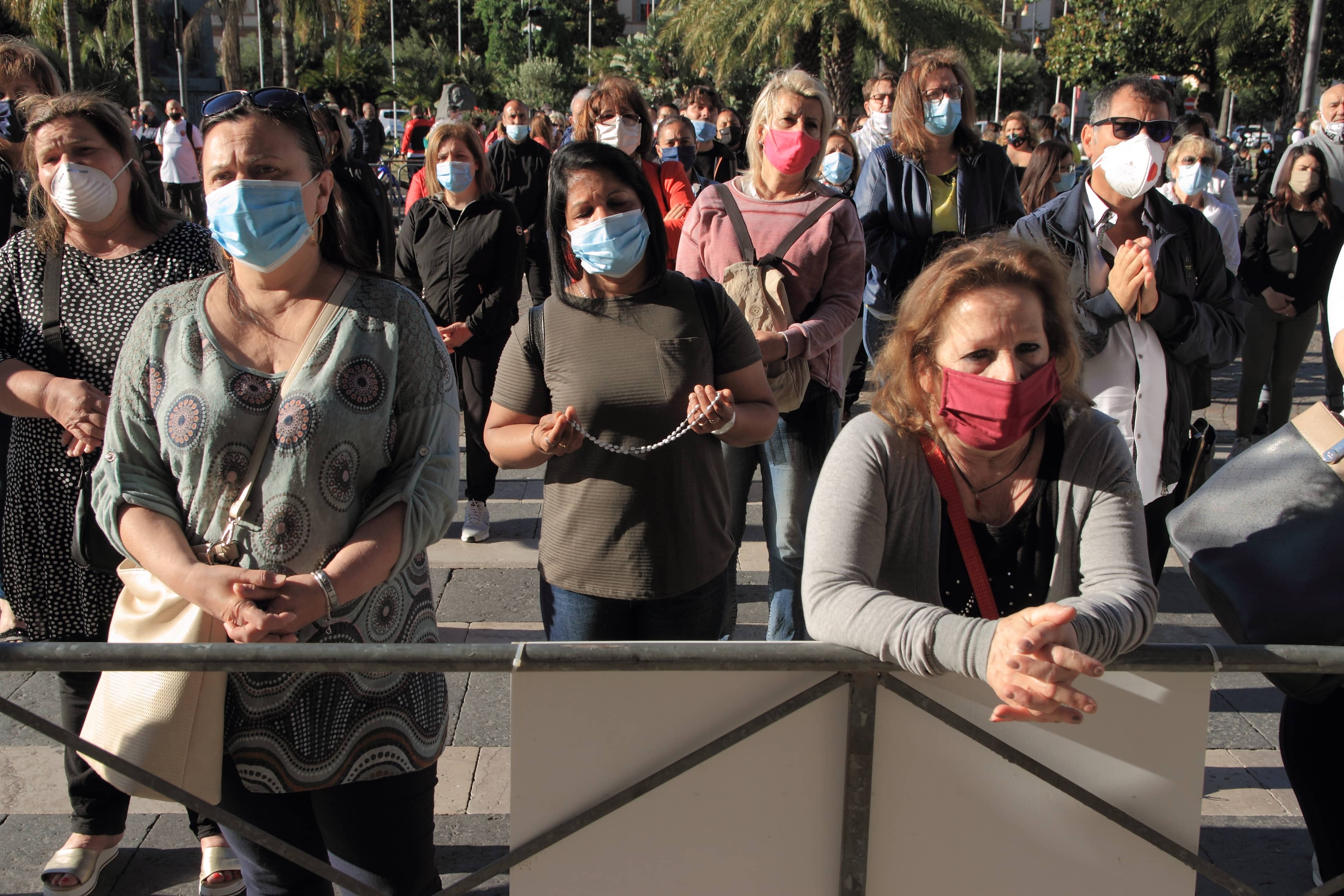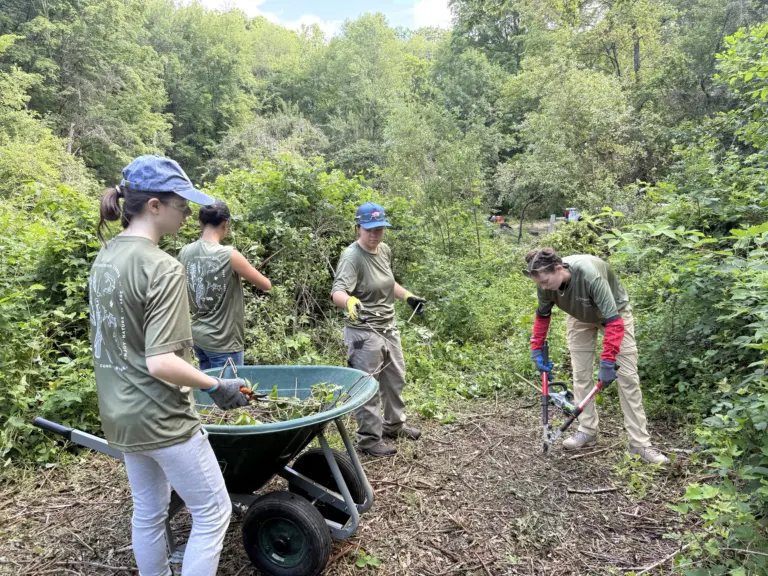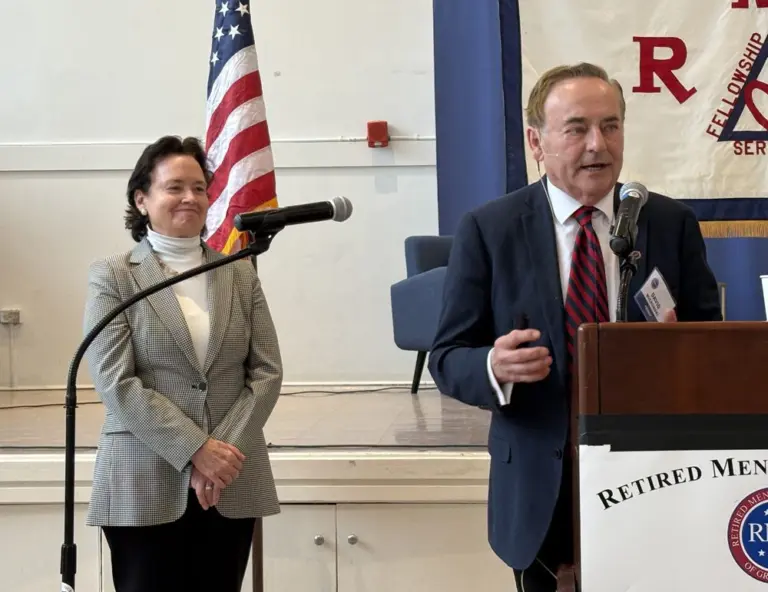

By: Nathan Hart
“It is not good for man to be alone.” According to the book of Genesis, that’s what God said after he created Adam in the Garden of Eden. Adam was surrounded by every good thing a person could ever want, but his paradise was incomplete without one all-important feature: relationship. So, God sent Eve to accompany him. Together, they enjoyed a shame-free, harmonious union, at least for a while.
Is it still true that it is “not good” for a person to be alone? If we’ve learned anything from the last year, it’s that isolation is terrible for us. Depression and suicide rates are higher than before. Families are divided. Estrangement, abuse, and radicalization are on the rise. Even when we do venture outside of our homes, there is a persistent grumpiness in our interactions. Recently my kids’ school sent an email to all parents about our behavior in the drop-off line. It included all-caps admonishments like “BE NICE!” and “BE PATIENT!”
It is not good for people to be alone.
Solitary confinement is one of the strongest tools in the hands of correctional facilities, but not much good comes from it. The consensus of psychiatric research is that it has almost no positive effects on the individual and only leads to severe emotional and mental breakdown with long term damage. The United Nations considers solitary confinement lasting longer than fifteen days to be torture.
Before 2020, the world had never experienced solitary confinement on such a massive scale and we are just beginning to see some of the negative effects. The stay-at-home orders may have crashed the economy only temporarily, but I fear they may have crushed our souls for a longer term.
I am grateful for technologies like Zoom and video streaming that have allowed for the possibility of communication, if not true community, during this time. But there’s nothing like being in a room with other people. It can be loud, emotionally messy, and exhausting, but it’s better than the quiet, terrible stillness of isolation. For this reason, our church was one of the first ones in Greenwich to reopen our Sanctuary last summer for in-person worship, followed by Friday night outdoor praise concerts and Sunday morning worship on the church lawn all fall. This winter, we also restarted our Sunday morning worship in the Sanctuary at 9:00 AM.
Reading that last sentence, you might be asking, “But what about the risks?” What I’ve learned is that there is no risk-free option. The physical dangers of gathering are plainly known: someone could catch the virus, someone could get sick. But there are other dangers in staying home. While isolated, we might not get the virus, but we will very likely encounter other issues such as a soul-sickness that is hard to cure. While the pandemic endures into its final stage, we have to measure and balance all risks and benefits to make decisions that are healthy for both body and soul.
My soul feels better when I worship with other people in the sanctuary. Our in-person services are pretty simple. No videos projected onto screens. No internet connection necessary. We don’t even use the organ. Just a piano and hymnbooks with real, human voices not coming through laptop speakers. Oh, how I love the sound of communal singing. On some weeks I wonder if this is what old-school New England Congregationalism felt like. In the simple beauty of fellowship, I feel more connected to those roots. The Psalmist was right when he said, “How good and pleasant it is to dwell with brothers and sisters in unity.” (Psalm 133)
One year ago, we learned to change our lives by isolating ourselves at home. This year, as we emerge from the pandemic, we’ll need to re-learn and regather into the full life of church and society. It will take time, effort, and intentionality, especially for those who have children who have gotten out of the weekly custom of churchgoing. But it will be worth it. If the Covid vaccine is the cure for the virus, regathering as a community of faith is the emotional and spiritual vaccine we all need now.



